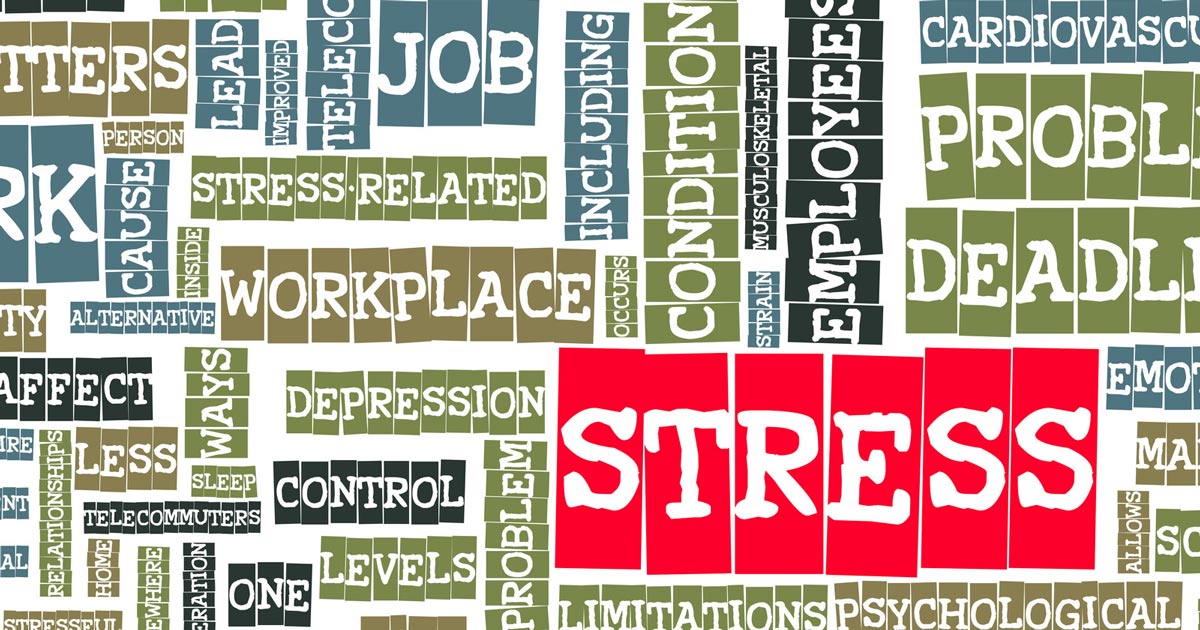How Stress Affects Your Body
Stress is something that all of us have experienced at some point. Even though it is so common, stress affects everyone in a different way, and we all have different ways of coping. Stress may seem harmless, but it can have an effect on your body’s function, especially in chronic stress cases.
When we are stressed, whether it is acute or chronic, a stress hormone called ‘Cortisol’ is released. Cortisol is an important hormone for our overall wellbeing. It’s functions include regulating energy levels, helping reduce inflammation as well as regulating blood pressure.
When we are stressed, and have high levels of cortisol, our body goes into a ‘fight or flight’ mode. This means it is preparing to escape a potential threat, or respond quickly to what is going on around us. When our body goes into this phase, it reduces the available energy we need for muscle repair, digestion and overall rest.
Being in a ‘fight or flight’ mode, whether is short term, or long term, can have an effect on the different systems in our body.
Some Effects of ACUTE Stress Include:
- Increased tension in our muscles, which leads to muscle aches and pains
- Rapid breathing and an increase in respiratory rate. Stress can also exacerbate existing respiratory issues that people already have, including asthma and COPD
- Increased heart rate; heart palpitations; and a temporary increase in blood pressure
- Increase or decrease in appetite; nausea; and vomiting if the stress is severe.
Some Effects of CHRONIC Stress Include:
- Chronic muscle tension and tightness, which may lead to tension headaches, migraines or postural problems
- Increased risk of hypertension (high blood pressure), stroke or heart attack
- Increased risk of immune disorders, obesity, diabetes due to a chronic increase in cortisol levels.
- Exacerbation of chronic bowel conditions such as irritable bowel syndrome
- Continual nervous system stimulation which leads to altered function of body systems, and fatigue.
It is very important to have ways of coping and dealing with stress, for both our mental and our physical health. Some simple ways to reduce stress levels include
- Regular exercise
- Adequate sleep
- A supportive social group
If stress is severe or chronic, seeking help from a health professional may be a good option.
Please don’t hesitate to speak to one of our friendly osteopaths if you are experiencing stress.
References
Shaw, W., Labott-Smith, S., Burg, M. M., Hostinar, C., Alen, N., van Tilburg, M. A. L., Berntson, G. G., Tovian, S. M., & Spirito, M. (2018). Stress effects on the body. American Psychological Association. Retrieved 13 August from https://www.apa.org/helpcenter/stress-body











